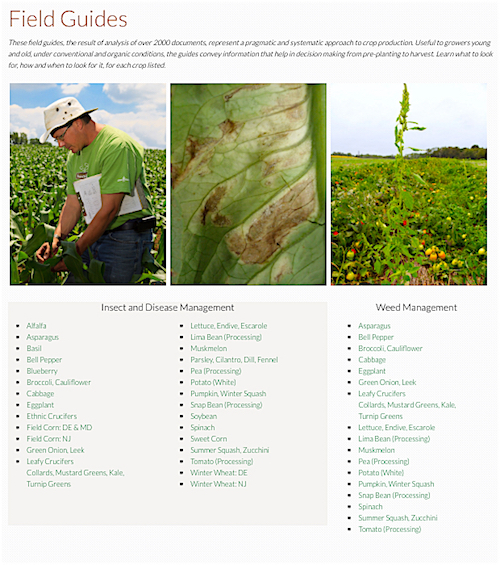Sweet Corn
European corn borer (ECB) moths are still appearing in several locations, but numbers remain very low, and feeding has only occasionally been reported. ECB population maps will resume if second flight catches rise to high enough numbers.
The highest nightly blacklight trap catches of ECB for the week ending 09/01/21 are as follows:
| Asbury 1 | Hillsborough 1 | Sergeantsville 1 |
| Califon 1 | Milford 1 | |
| Georgetown 1 | New Egypt 1 |
 Articles in this section contain information helpful to the NJ commercial organic grower.
Articles in this section contain information helpful to the NJ commercial organic grower.
